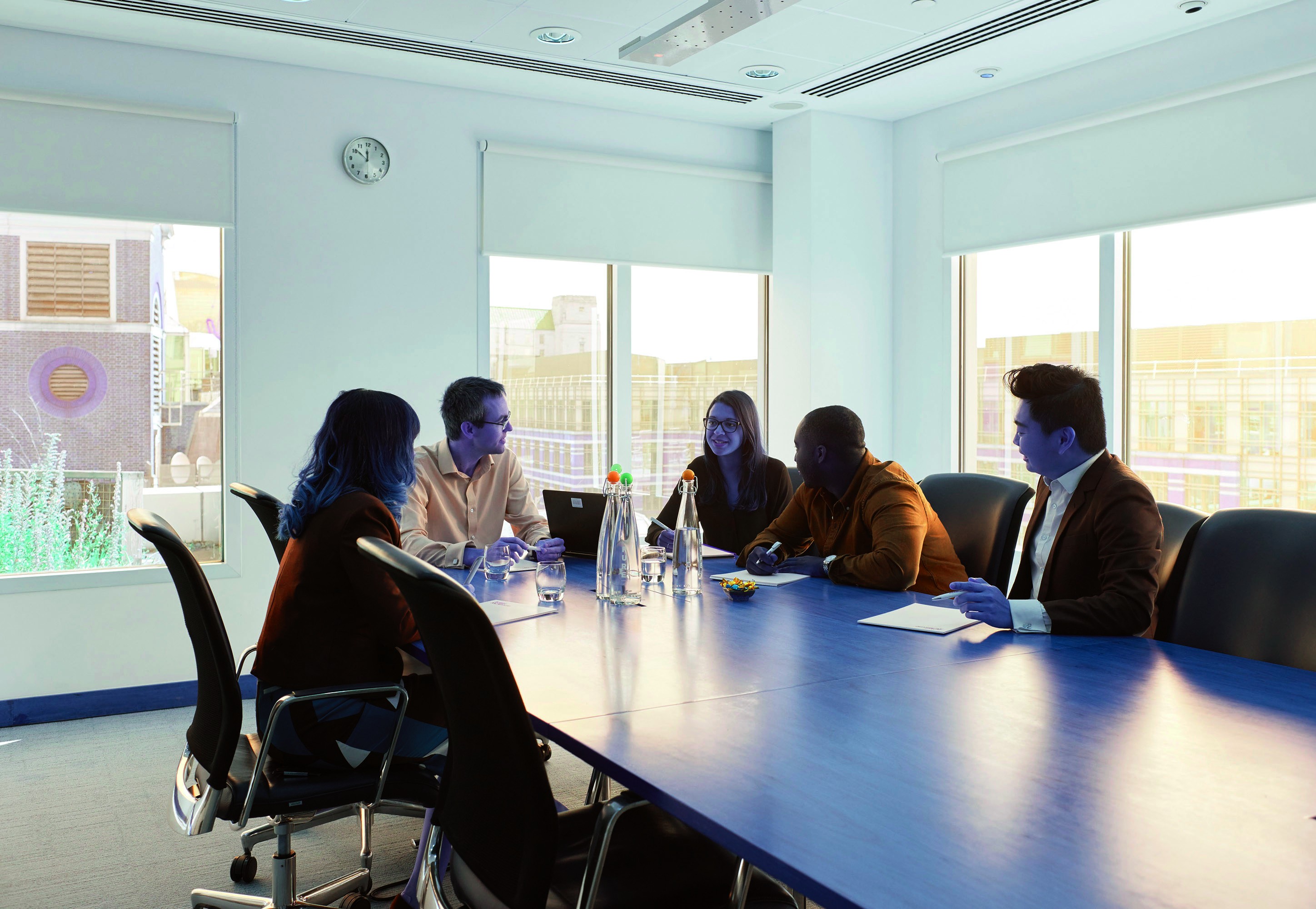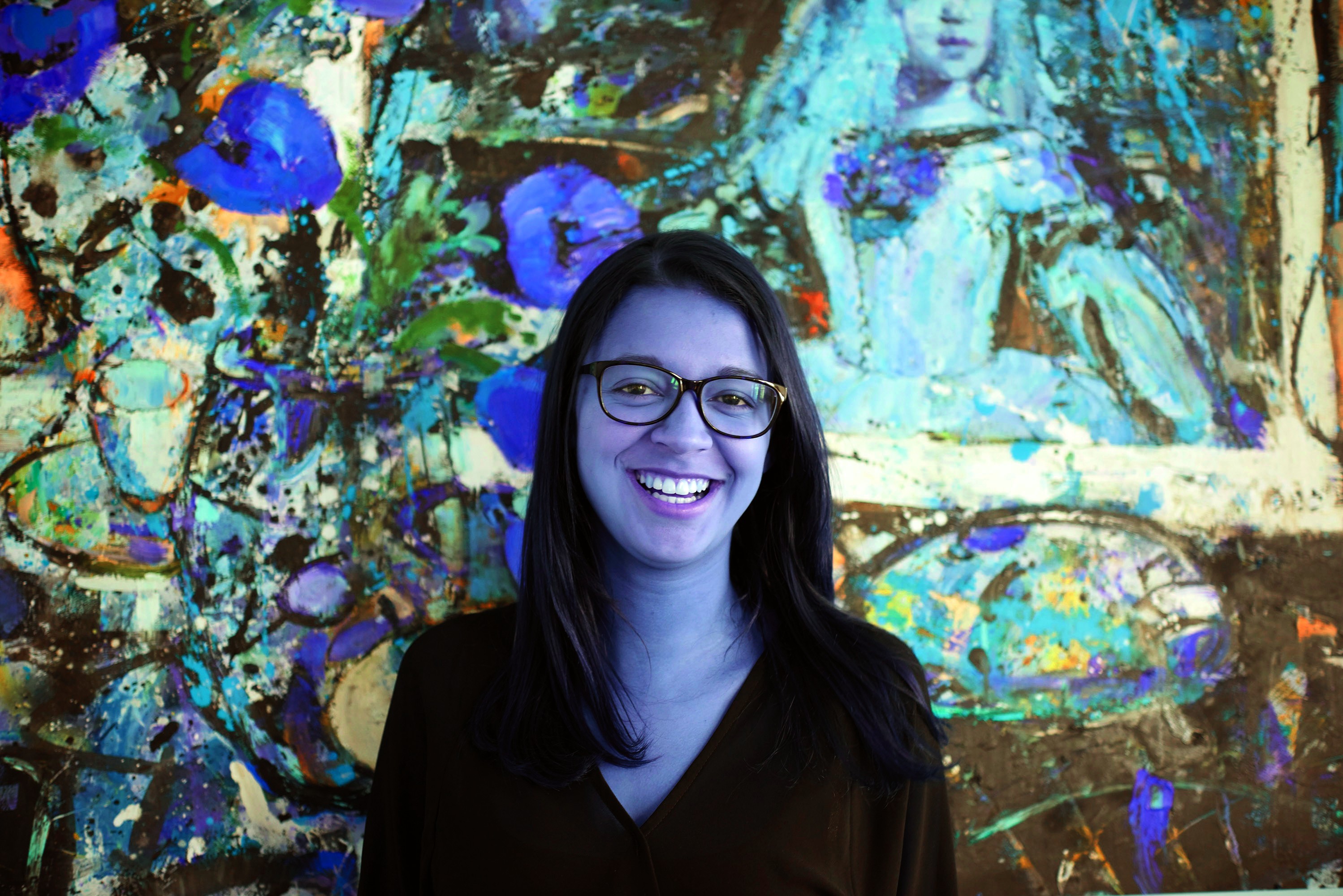
This firm has demonstrated a strong and consistent commitment to increasing diversity and to building an inclusive culture.
It is a truth universally acknowledged within the legal profession that Baker McKenzie is an early adopter – and proud proponent – of all things diversity and inclusion (D&I). It is thus little surprise that the firm is this year’s recipient of LawCareers.Net’s Commendation for Diversity, the only firm to have been awarded it twice.
The path was set from the very beginning – in post-war Chicago Messrs Baker and McKenzie founded their firm with the aim of making it truly international, and throughout its history Baker McKenzie has always looked outwards. It’s no surprise then that the firm lives and breathes the tenets of D&I. This is backed up by numerous accolades, including many relating specifically to the London office’s recruitment and training processes. In 2007 it became one of the first organisations in the United Kingdom to adopt a name-blind CV process, while in 2015, it became one of the first two employers in any UK industry to publicly commit to using Rare Recruitment’s Contextual Recruitment System (CRS, more on which later). In May 2017 Global Chair Paul Rawlinson voiced Baker McKenzie’s full support for gender pay parity – this was swiftly proved to be more than mere good intentions in June, when the firm was ranked 11th in the government’s Social Mobility Employers index.
At Baker McKenzie, diversity is not just about doing the right thing, it is a core strategic focus and seen as critical to the firm’s success
The firm’s affinity groups are wide ranging – from those common to many top-tier law firms, such as Women, Ethnicity, Opportunity (ie, social mobility), Wellbeing (including mental health) and LGBT, to an extensive LGBT Allies network, which over a third of the London office has joined; its objective being to support LGBT colleagues and to create an environment where people feel able to be themselves. Similarly impressive is the list of graduate D&I organisations which the firm partners with, including, but not limited to: Aspiring Solicitors, the BLD Foundation, Career Ready, City Solicitors Horizons, DiversCity, MyPlus Students’ Club, PRIME and Rare.
Central to these efforts is a crack team of D&I flag bearers from the graduate recruitment and inclusion & diversity teams. Trainee Ellie Austin-Williams has nothing but praise for the team: “I don’t think the firm would be where it is today without them. They are so passionate about what they do and it is infectious. People want to be involved because of them. There is always going to be a lot more to do on diversity, but the firm has made a lot of progress and genuinely does what it says – we really do walk the walk.”

Baker McKenzie’s credentials are there for all to see. In fact, that visibility is one of the things that often prompts would-be trainees to apply. Jonathan Tham, now a first-seat trainee in corporate M&A, agrees. “I am Chinese and was born abroad,” he explains. “What attracted me to Bakers was that I could see people like me in senior positions. I felt that there wouldn’t be a ceiling and that I could go as far as I wanted to.” His time on the firm’s spring vacation scheme confirmed this impression. “During the scheme we had a talk on D&I and a separate one on CSR. It showed how much emphasis and value was placed on both, but also that they are considered distinct from one another. At Baker McKenzie, diversity is not just about doing the right thing, it is a core strategic focus and seen as critical to the firm’s success.”
Chloe Quirk, an employment associate, describes how Baker McKenzie has ramped up its approach to encouraging vacation scheme students to become involved with D&I initiatives. “When I was on the vacation scheme in 2010, we were told about the various diversity initiatives and we were welcomed to get involved,” she recalls. “But now it’s even more so – students are invited to events, encouraged to voice their ideas, and stay involved beyond the scheme.” Sam Manful, a banking associate who joined Baker McKenzie as a lateral hire from a magic circle firm agrees: “Just last week, we had vac scheme students helping at our social mobility event – they were told that even though they’re here temporarily, if they’re interested in what we’re doing, they should stay in touch and remain involved.”
This brings us neatly on to one of the firm’s most recent D&I events. Planned and executed by Chloe and Sam, it is a shining example of how people are encouraged to take an initiative and run with it. Chloe explains its genesis: “Having joined several D&I initiatives as a trainee, I started to take a more active role in firm’s social mobility network, joining the sub-committee of the ‘Back to School’ project. The scheme encourages staff to use their annual volunteer day to visit their former school, especially if it’s a state school in a social mobility cold spot, to tell their story and to give an insight into what it is like to work in a City law firm. Inspired by ‘Back to School’, Sam and I reached out to our old sixth form college in Essex, and organised an open afternoon for around 50 sixth form students. The students attended a range of skills sessions including a negotiation workshop and panel discussion, and had the opportunity to meet lots of people from the firm.”
Sam continues: “When I discussed the viability of an open day for our college, there was a refreshing amount of support from the firm; it is very aware of its wider responsibilities and it does a lot to allow all members of staff to make a difference. The event took a lot of planning and hard work – we started in September and it culminated in January, and was a huge success. The level of engagement from the firm was great – not just from our inclusion & diversity team, but from within my own department, including people who hadn’t engaged with any social mobility events before.”
Our objective is the same – it’s about inclusion, acceptance and being comfortable bringing your whole self to work
“It was great to meet the students and to give them an opportunity to visit the office. I had previously returned to my sixth form college as part of the ‘Back to School’ initiative, but I wanted to go one stage further,” Chloe adds. “As part of the afternoon, the students were surprised to learn that Sam and I had attended their college and we had been in their position. If we helped to raise awareness of this profession for just one student in the room, then we’ve done our job.”
Arron Slocombe, pensions partner and one of the firm’s social mobility champions, reflects on the importance of giving everyone in the firm the chance to get involved with D&I, along with the licence to come up with new ideas. “Our focus groups meet regularly and they’re not just talking shops – we want new ideas, from everyone,” he enthuses. “If you give people a sense of ownership over an initiative, it goes beyond just being a policy – it lifts it off the page, you could say. Also, people are more likely to create something that they are personally committed to with that level of autonomy.”
Ellie also suggested a new schools programme recently and was given the freedom to run with it. “Along with two other trainees, I am working on a social mobility initiative with one specific school in a deprived part of East London, but with a view to rolling it out to other schools,” she explains “We are running an essay competition – we’ve had great engagement from the students and invited the winners into the firm for lunch with some of our partners. As it’s a project I’ve helped to own and shape, I feel much more invested in it.”
Jonathan too has had the chance to be a part of two D&I campaigns that are close to his heart. “I am involved in two forthcoming campaigns focusing on anti-bullying and the concept of ‘Colour brave’,” he explains. “Colour brave aims to break through the discomfort people can feel when talking about race. We will be encouraging the entire office to develop the tools to feel comfortable speaking openly about ethnicity. There is a common thread between the two and we’re trying to bridge that gap. It makes sense to bring our diversity groups together wherever there is crossover. Regardless of diversity strand, our objective is the same – it’s about inclusion, acceptance and being comfortable bringing your whole self to work.”
That intersectionality between groups is something that Arron recognises as important. “We try hard to link up the groups, working holistically, and pooling ideas and resources. There’s no point viewing them in silos – for example, social mobility often overlaps with ethnicity in terms of personal background, so it’s important to recognise that. It’s also a good way to get people speaking and the more that happens, the better.”

Another way to encourage open conversations is to get people to tell their own stories. “Over the last couple of years we have created a platform for different groups of people to share their personal experiences on, for example, mental health issues or social mobility,” explains Arron. “It really gets people talking to each other and then engagement with the initiatives goes up; it’s something of a virtuous circle. It is a very powerful way to help people to be themselves. Ultimately, that shows a genuine commitment to D&I, and it has lots of benefits for the firm.”
In fact, there are many direct benefits for a law firm known to have a diverse workforce. “The more that people can truly be themselves at work, whatever their background or affinities, the more they will enjoy their jobs,” surmises Arron. His feeling is that it also improves client relations: “Clients are increasingly looking for their legal teams to reflect their own diversity. Partnering with clients on joint initiatives – for example on work placements or school-focused social mobility programmes – is a natural way to go beyond the day-to-day discharge of legal work and form more meaningful relationships.”
Firm-wide commitment is a cornerstone for the success of these multitudinous initiatives. Each focus group has two partner sponsors and there is active leadership from the firm’s management committee; it is right at the heart of the entire firm’s strategy, with a designated partner whose sole job is D&I. “You have to make sure that you apply it to the entire office and engage with everyone,” Arron confirms. “We also set goals for each group and monitor those goals; you’ve got to know where you’re heading to see what works and what needs tweaking.”
Arron touches on the importance of Rare’s CRS within the recruitment space: “The system helps to highlight candidates who are from less privileged socioeconomic backgrounds and gives us the ability to make hiring decisions in context. For instance, the CRS highlights if a student has attended a poor-performing school and we are able to view academic credentials through an entirely new lens. During the last year, we have made training contract offers to people who, before using the CRS, would not have made it past the first stage in our process.”
The emphasis on D&I feeds into a broader culture which is welcoming and warm. “When you join, you feel instantly as if you’re part of a family that cares about how you develop as a person and as a professional,” enthuses Chloe. “It is honestly such a lovely place to work.” Sam agrees: “As I am in a position of being able to compare firms, the culture here is markedly different. You feel part of a wider family, you don’t get that everywhere. This applies across the entire firm – not just to lawyers, but Business Services and PAs everyone is made to feel valued.”
Ellie muses on her experiences as a trainee so far: “Talking to friends at other firms, I frequently feel very lucky to be here! I’ve had two female supervisors, both of whom were amazing lawyers, working mums and very well respected. There is a very open and approachable culture.”
Jonathan sums things up: “My expectations were very high when I joined – the firm had a reputation for being one of the best in the world, with a strong commitment to D&I. I’ve definitely had that confirmed.”

Commendation for Diversity
This firm has demonstrated a strong and consistent commitment to increasing diversity and to building an inclusive culture.

